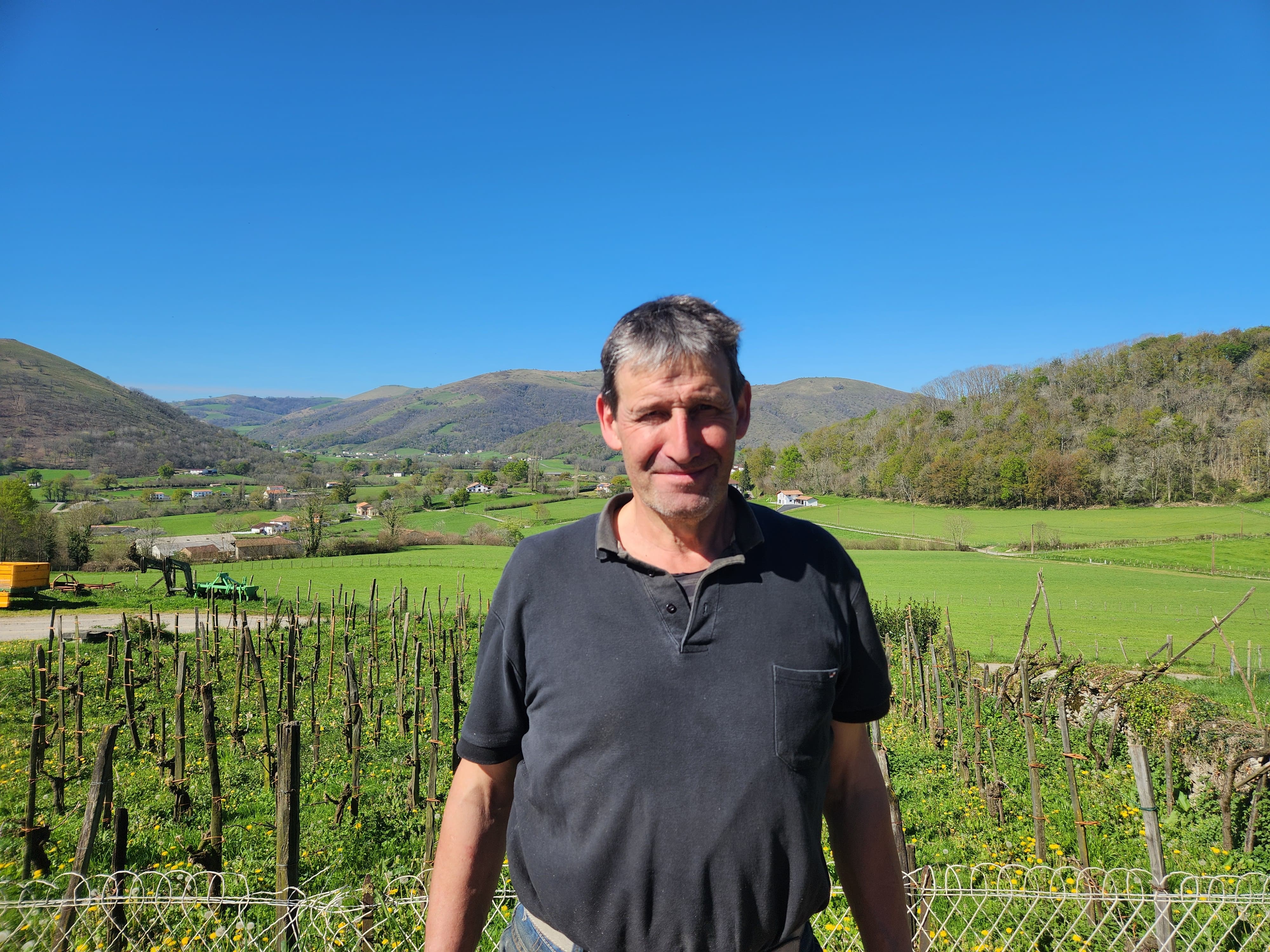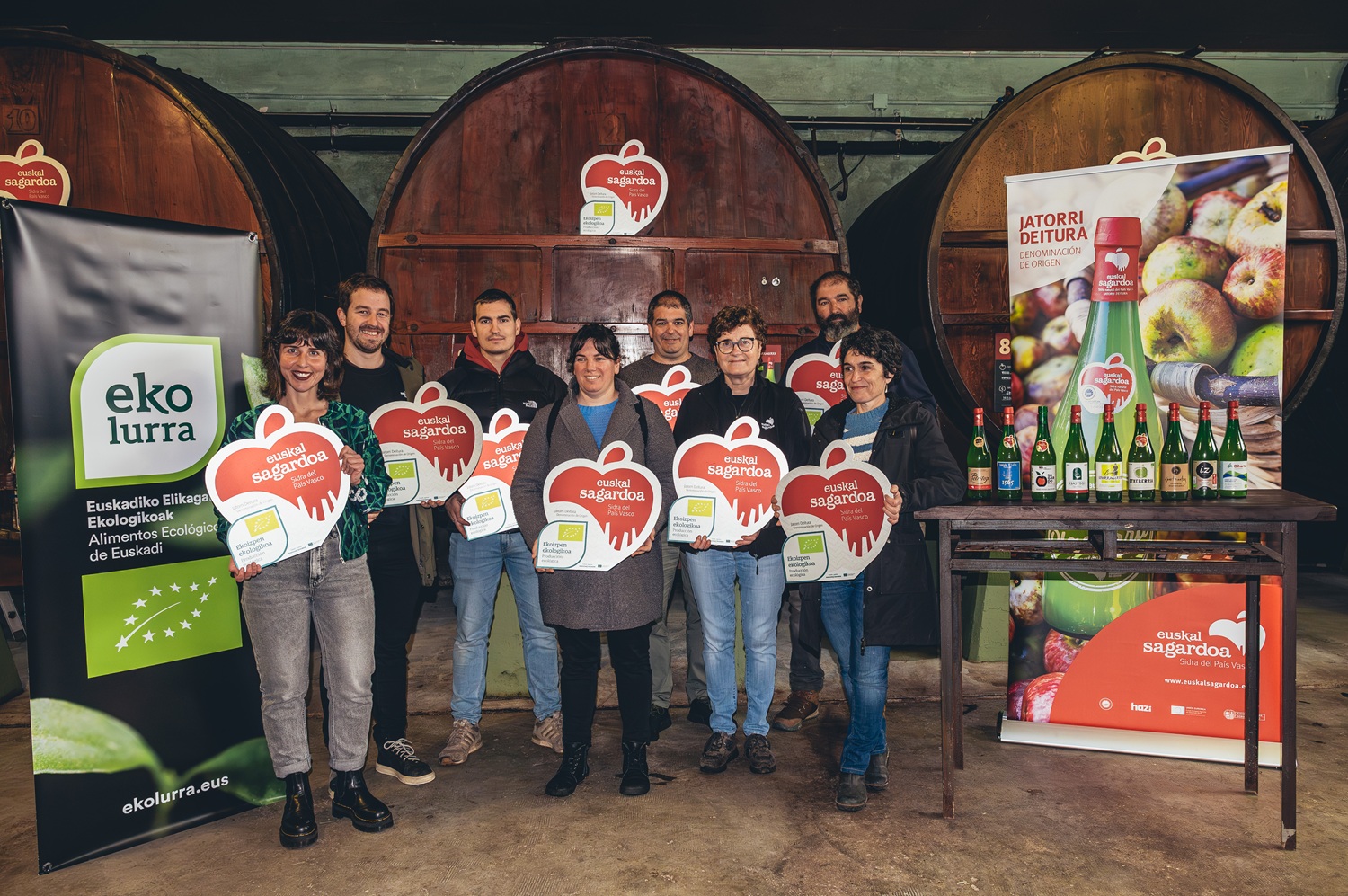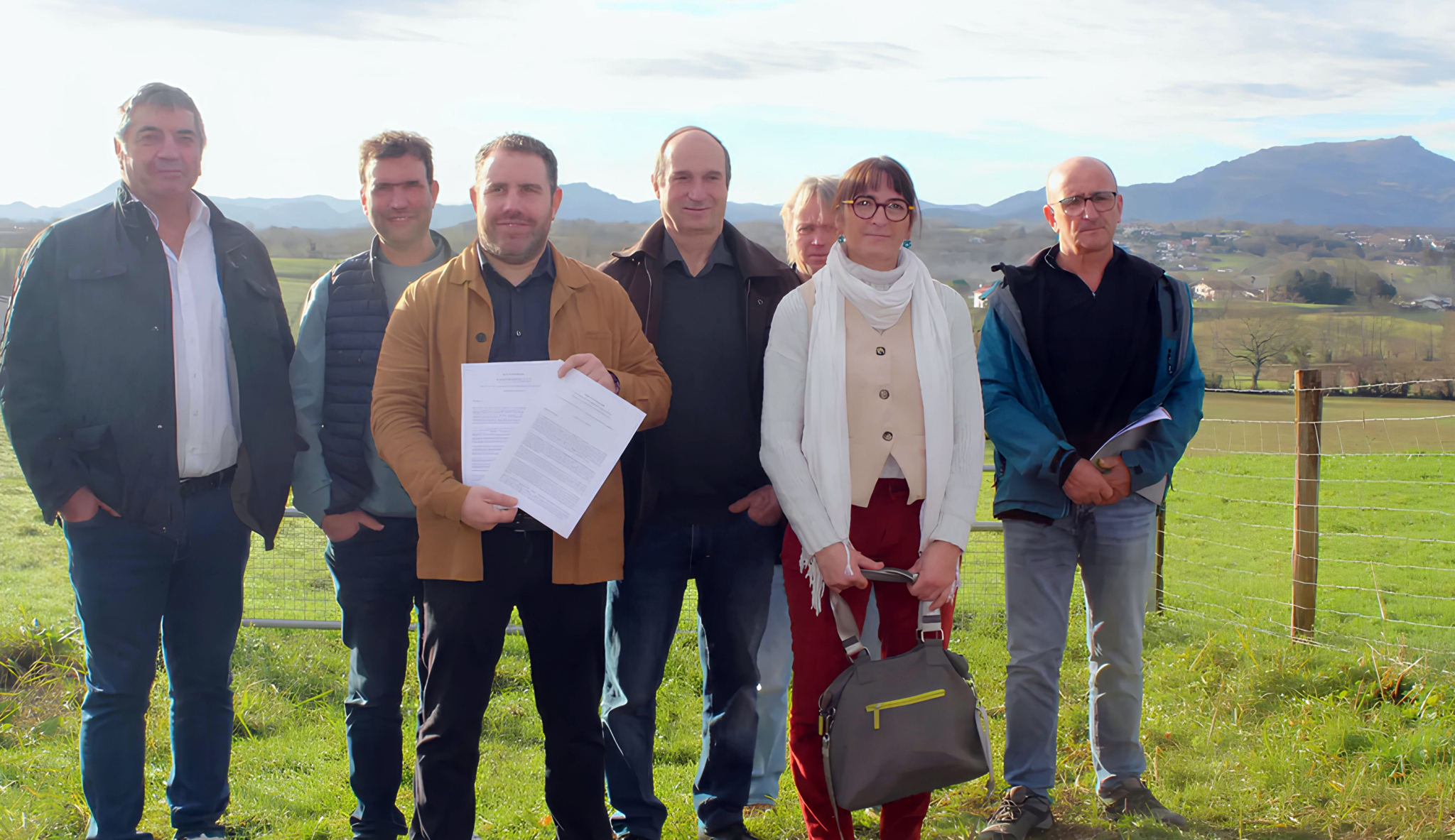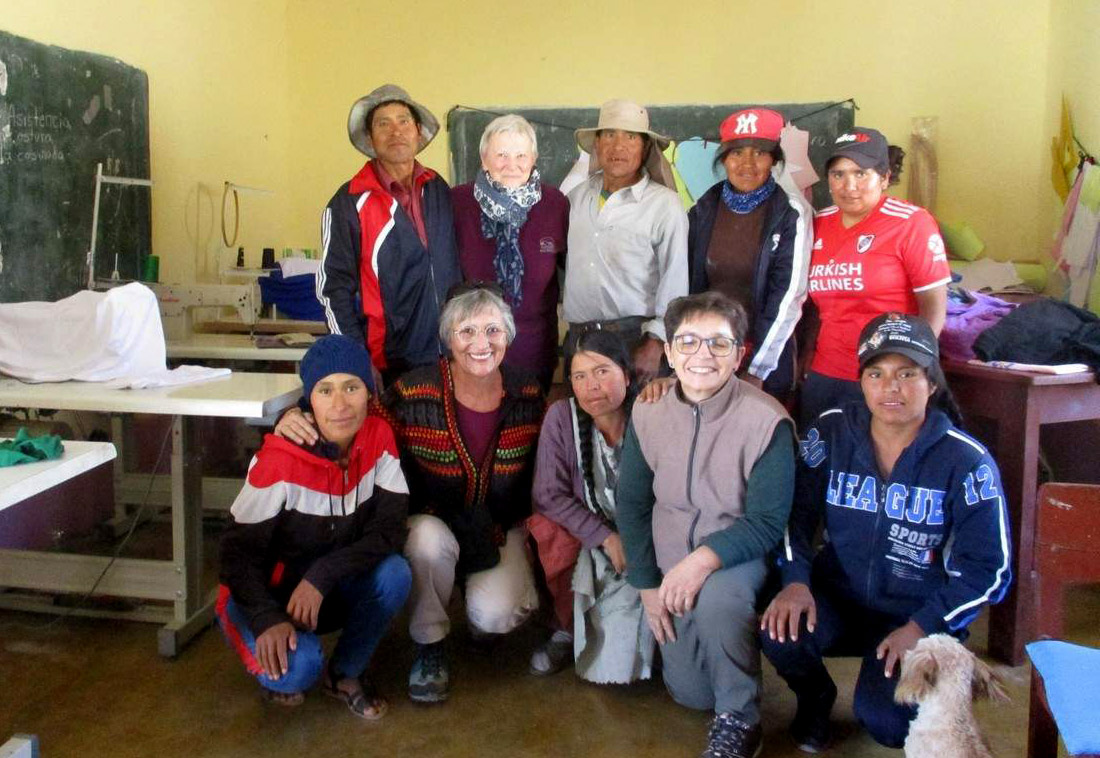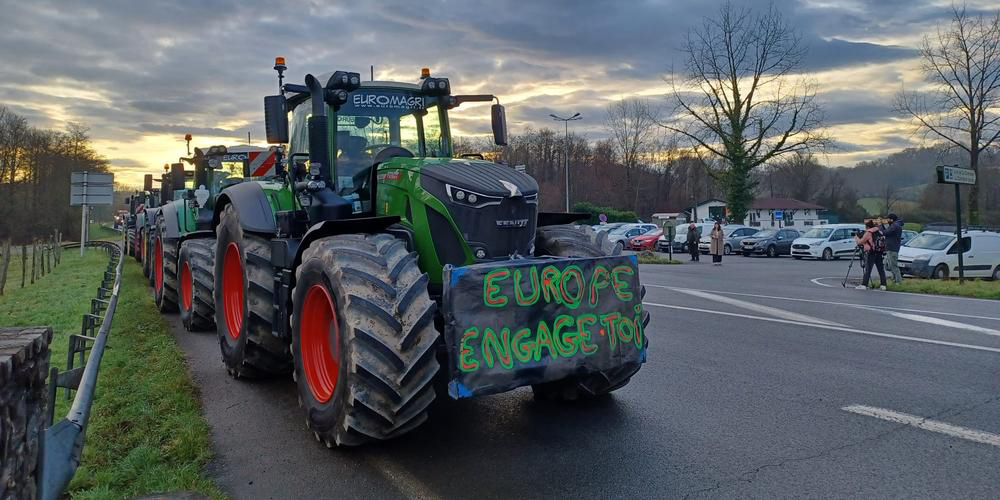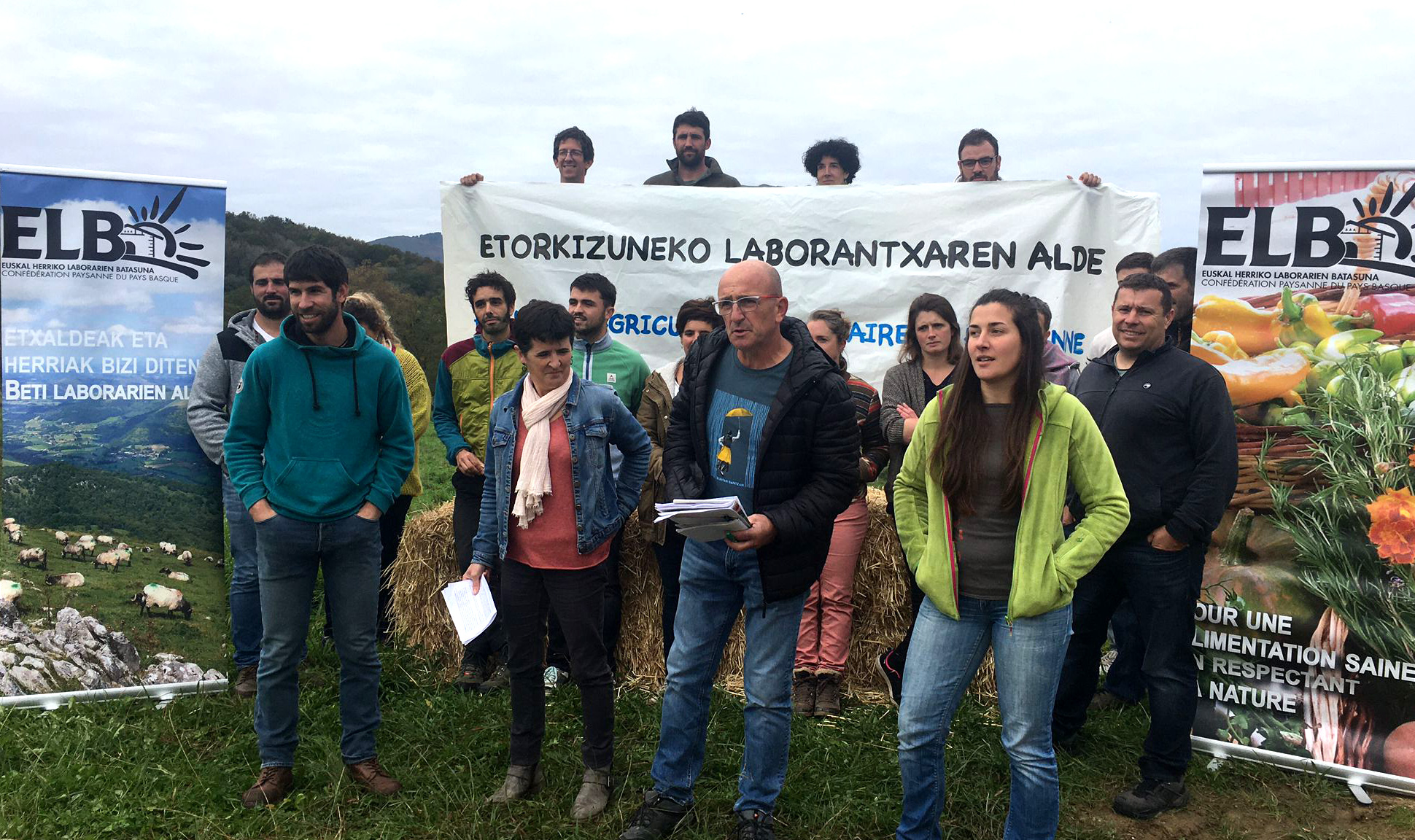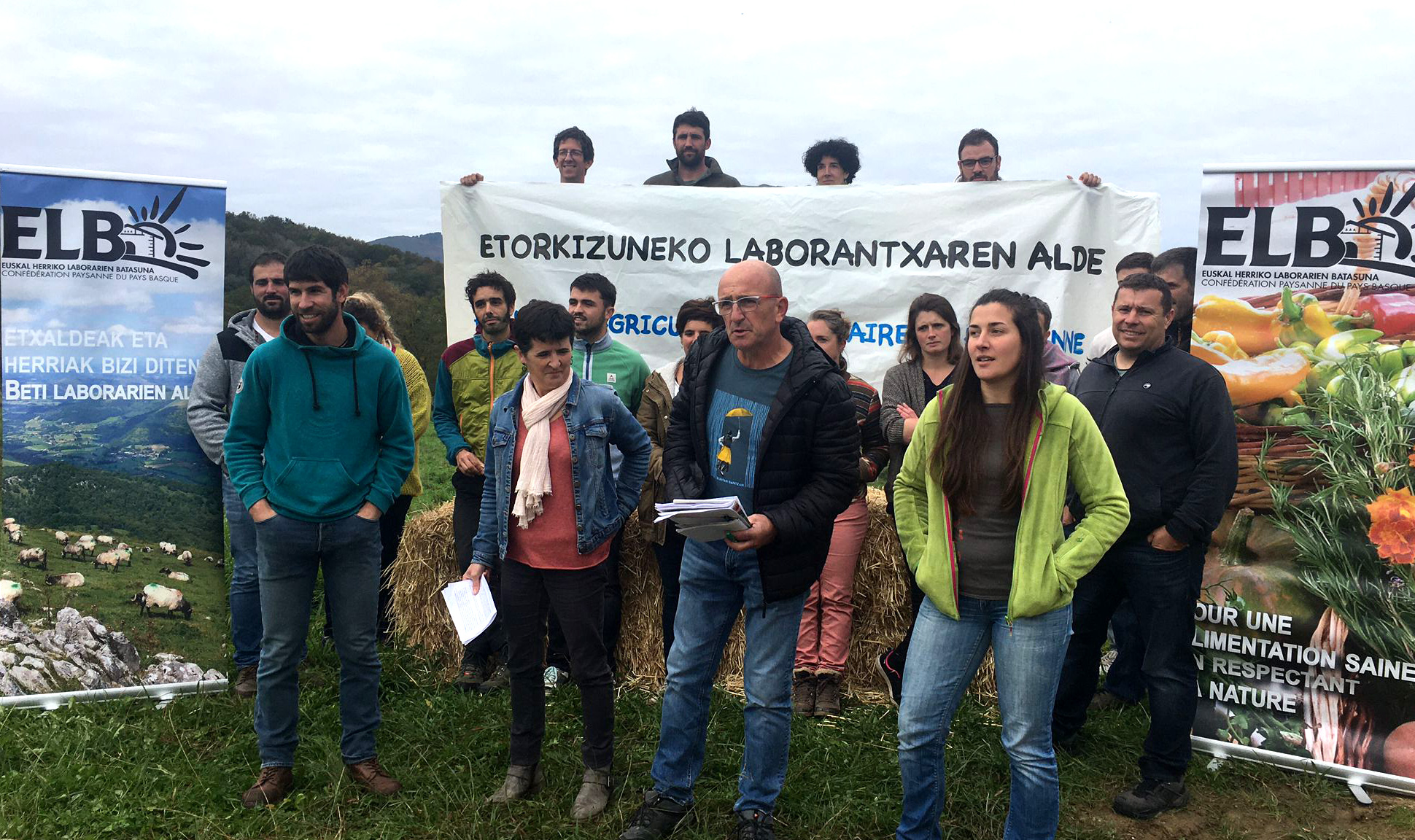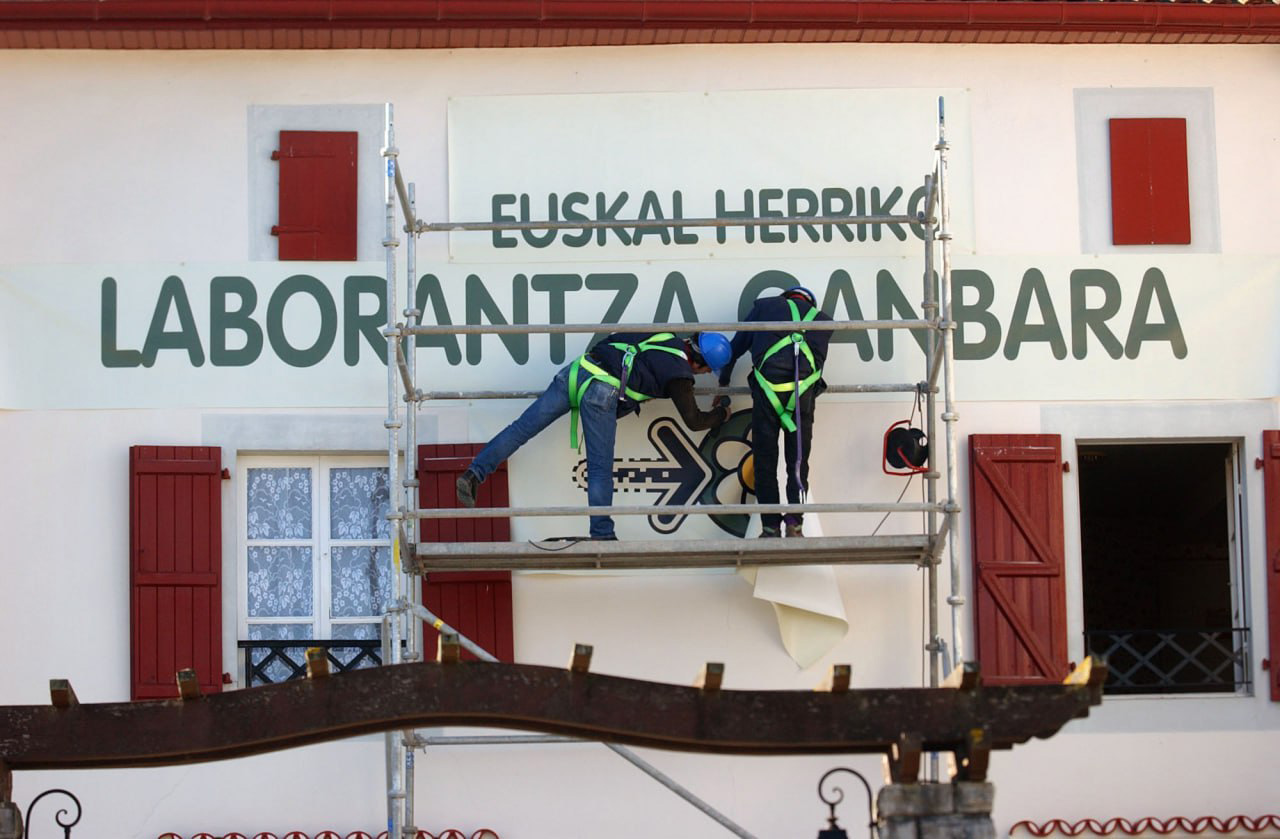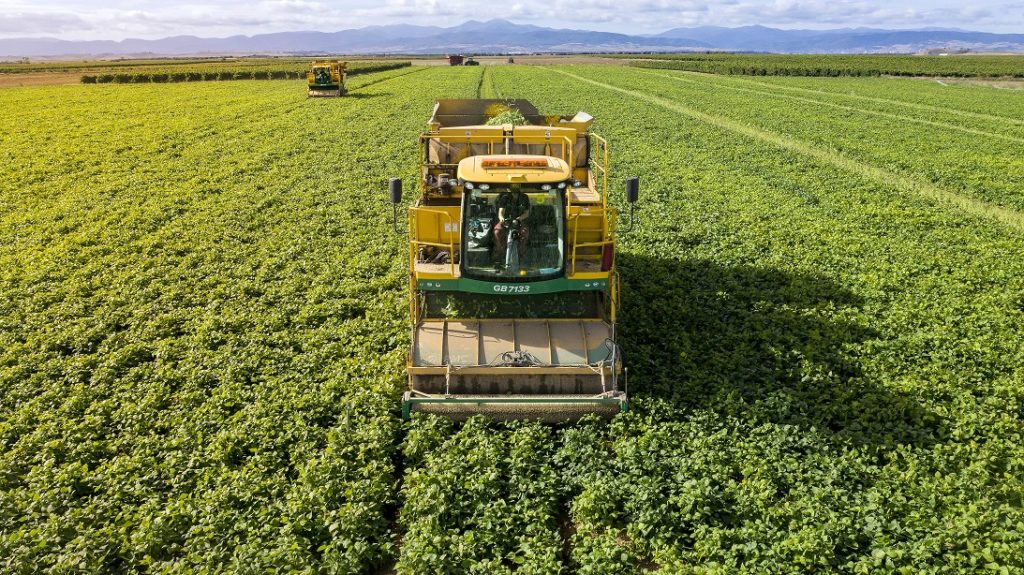200 million farmers in 20 years in Vía Campesina
- 6th International. Via campesina has celebrated its 20 years with the National Congress in the Indonesian capital of Jakarta. With two decades of work, it has succeeded in getting the demands of small baserritars to be put on the agenda of the authorities in the face of the plans of the multinationals. Who does not mention food sovereignty today? It has become a benchmark in these times of crisis.
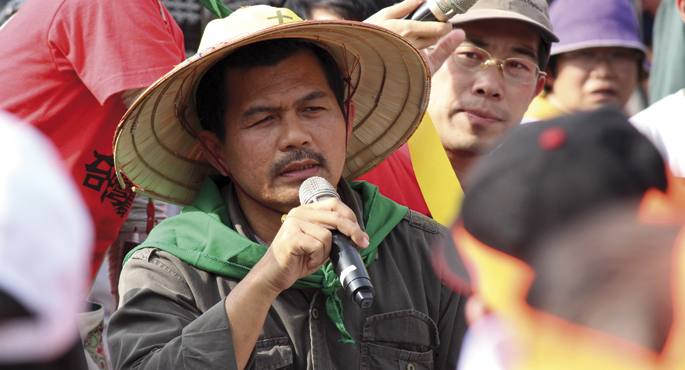
For four days it has held its sixth international edition from 9 to 13 June this year. General Assembly Via Campesina in Jakarta, Indonesia. One should be courageous to think that the work of that group of farmers gathered in Mons, Belgium, in 1993, would lead the United Nations to designate the year 2014 “Year of Family Farms”. It is not the only result, nor the most important.
In those days of June, the British newspaper The Guardian offered him two chronicles sent from the Indonesian capital: Claire Provost summarizes the organization's two decades of work and John Vidal spoke with the general coordinator of Via Campesina, the Indonesian Henry Saragih.
In May 1993, the European Coordination Paysanne Européenne Association convened an international meeting in Mons, Belgium, which would lead to the creation of the Via Campesina, in collaboration with the peasants who met in the Nicaraguan Mandado, displaced throughout America in 1992.
The second congress took place in 1996 in Tlaxcala, Mexico, 2000 in Bengal, India, 2004 in Sao Paulo, Brazil, and 2008 in Maputo, Mozambique. During all these years, members of Vía Campesina have been seen in cities such as Cancun, Seattle or Quebec, where the World Trade Organization, the World Bank and the International Monetary Fund held their main congresses. Within the multi-movement against what has been called globalization or globalization, the peasants of Vía Campesina have had a lot of strength.
Food sovereignty can be the principal of the ideas that have been created and disseminated over the years. Today the media speak of food sobany, food sovereignty... in all the languages of the world. Although creators want to value the real meaning of the idea, which goes beyond the food security that the UN often invokes as a right of all people in the world.
At the assembly held in Selingue, Mali, in 2007, it was proclaimed that food sovereignty is “a healthy and culturally appropriate food for the right of peoples to acquire the right to food and agriculture, produced by ecological and sustainable methods. This puts those who produce, distribute and consume food at the centre of the food system and policies, not the demands of corporations and markets. (...) Food sovereignty implies new social relations without disruption or discrimination between men and women, societies, racial groups, social classes and generations.”
No European state has assumed this concept, but Ecuador incorporated it into its Constitution in 2008, while Venezuela, Mali, Bolivia, Nepal and Senegal have also included it in the priorities of nations. Thanks to the support of these and other countries, the leaders of Vía Campesina not only spread ideas, but also lobby.
Strength and concerns
Annette Aurelie Desmarais, Saskatchewan’s Canadian baserritarra, wrote in his book for the 10th anniversary of the Via Campesina that the permanence of the organization was its main merit, as the peasants have. In fact, just as for years the leftist theorists condemned the peasants to disappear in their analyses.
On the contrary, militant farmers in the world are at the forefront of struggles against GM crops or land theft. And in 90 states of the world, 200 million lugin are mobilized, organized in almost two organizations.
His secretary-general is Indonesian Henry Saragih (1964). For the upbringing of nine children, the parents worked on palm plantations for oils. Young Henry managed to go to college and study political science. With the dictator Suharto in power, he began his work as a militant in the movement of Muslim students. “There I realized the gap between rich and poor,” he told John Vidal.
Saragihk knows from a very young age the system that the multinationals have extended since then to the whole world: land theft, expulsion of local tribes and peasants, pollution, destruction of forests, dominance of monocultures... The Federation of Indonesian Farmers ' Unions (FSPI) grew and was educated in these conflicts, reaching 700,000 members today.
What are the challenges of the Vía Campesina that Henry Saragihe has seen maturing with him today? Carlos A, from GRAIN. Vicente has listed in his article “Contributions to the reflection for the 20 years of La Vía Campesina” the 14 questions he considers principal. In them we will summarize the most outstanding.
First, how do we deal with corporations (multinationals) that have global political power? Because “beyond the collaborations we build with ‘friends’ governments, it is corporations that have the last word.”
Next, the time comes to dismantle the fence built by the large media that control corporations. According to Vicente, “the main media ‘construct’ reality at the whim of what corporations send, and today much of society lives hypnotized by these discourses, with this ‘freedom’ of consumption that have marked as paradigm, with individualism, concurrence and violence”.
More questions. How to articulate the work with ‘friends’ and progressive governments without taming with the symbols and objectives of the Vía Campesina? How can we articulate the work of farmers with the movements of cities so that they can make food sovereignty? How can we cope with the crises we are experiencing and at the same time build a new model of society? How do we build a society led by collective leadership and not by individual leaders?
Carlos A. Three questions from Vicente, to conclude. How can we stop the flight from the villages to the big cities, to the reverse path to the path to be taken? How can we respond to the violence of the system without falling into its trap, without pretending to use repression?
And how to act in the trap of the coexistence that the system does to enter to participate in itself without at the same time falling into international scenarios? The traditional dialectic between resistance and participation in advances.
Via Campesinaren Japoniako taldearen webgunetik hartutako irudian Henry Saragih indonesiarra biltzar publiko batean hizketan. “Behetik –dio Saragihk– ezagutu ditugu, ez teoriatik, jendearen eguneroko arazoak. Ikasi dugu lurra dela munduko gatazketan gakoa, sistema aberatsen mesedetan dagoela antolatuta, eta Indonesian gertatzen dena mundu mailako arazo estrukturalaren parte dela”. Saragihren analisian “bistakoa da Munduko Bankua eta Nazioarteko Diru Funtsa direla pribatizazioen eragile. Beren bi tresna nagusiak dira ura eta baliabideak. Iparraldearen politika da lurrak garesti eta eskuraezin atxikitzea, jendea urrutiko jakien mende edukitzeko. Horra multinazionalen kolonialismoa. Lehen lurretik bizi zen jendea orain behartuta dago atzerrira joatera. (...) Hirietako jendea erakarri nahi dugu, etxe bakoak, lanik gabeak. Borroka bera da nekazariena eta hiriko jende askorena”.
Euskal Herriko Laborantza Ganberak hogei urte bete ditu. 2005ean sorturik, bataila anitzetatik pasa da Ainiza-Monjoloseko erakundea. Epaiketak, sustengu kanpainak edota Lurramaren sortzea, gorabehera ainitz izan ditu hogei urtez.
Txotx denboraldian eredu ekologikoan ekoiztutako Euskal Sagardoaren eskaintza izango da hainbat sagardotegitan, eta hura bistaratzeko, Jatorri Deiturak eta ENEEK-Ekolurrak kupeletan paratzeko euskarria aurkeztu dute.
Lurraren alde borrokan dabilen orok begi onez hartu du Frantziako Legebiltzarrak laborantza lurren babesteko lege-proposamenaren alde bozkatu izana. Peio Dufau diputatu abertzaleak aurkezturiko testua da, eta politikoa eta sentimentala juntaturik, hemizikloan Arbonako okupazioa,... [+]
203 diputatu alde eta hiru aurka agertu dira martxoaren 11 gauean egin bozketan. Higiezinen agentziak haserre agertu dira, eta bi salaketa aurkeztu ditu FAIN Frantziako Higiezinen Federazio Nazionalak Europako Batzordean. Bata, lege-proposamenari esker botere gehiago jasoko... [+]
Laborantzaren Orientazio Legea pasa den astean ofizialki onartu du Frantziako Parlamentuak. Ostegunean Senatutik pasa da azken aldikoz. Iazko laborarien mobilizazioen ondotik, aldarrikapenei erantzuteko xedea du lege horrek. Aldiz, ingurumenaren aldeko elkarteek azkarki salatzen... [+]
Zubiak eraiki Xiberoa eta Boliviaren artean. Badu jadanik 16 urte Boliviaren aldeko elkartea sortu zela Xiberoan. Azken urteetan, La Paz hiriko El Alto auzoko eskola bat, emazteen etxe baten sortzea, dendarien dinamikak edota tokiko irrati bat sustengatu dituzte.
Datorren astean Departamenduko Laborantza Ganbarako hauteskundeak ospatuko dira Ipar Euskal Herrian. Frantzia mailako FDSEA eta CR sindikatuez gain, ELB Euskal Herriko Laborarien Batasuna aurkezten da, "euskal laborarien defentsa" bermatzeko.
Euskal Herriko Laborantza Ganbera elkartearen hogei urteak ospatu zituzten asteburuan Ainhize-Monjolosen. 2005eko urtarrilaren 15 hartan sortu zuten Lapurdi, Baxenabarre eta Zuberoako laborantzaren garapena –hori bai, iraunkorra eta herrikoia izan nahi duena–... [+]
Departamenduko Laborantza Ganbarako hauteskundeen kanpaina abiatu da. Urtarrilaren 14an bozetara aurkezten diren hiru sindikatuen ordezkariekin bi oreneko eztabaida sakona antolatu zuten Euskal Hedabideek, osoki euskaraz.









